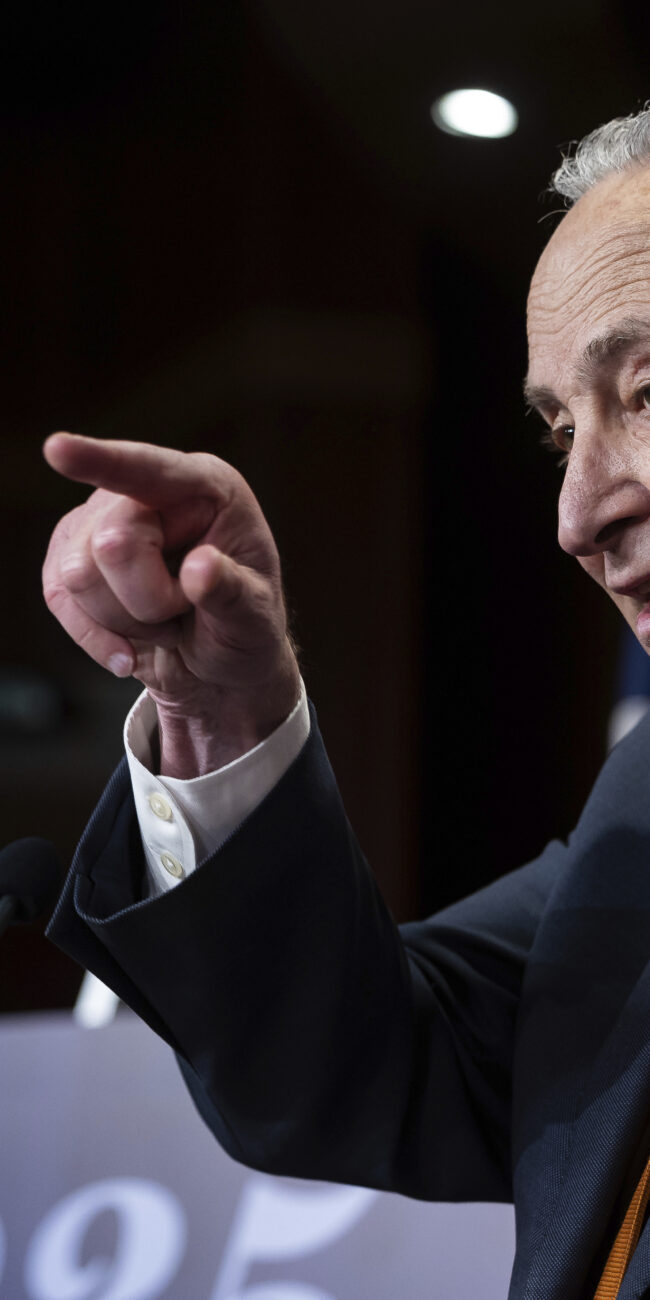
BPOs tout AI early adoption efforts, back broader upskilling
THE IT & Business Process Association of the Philippines (IBPAP) called for comprehensive efforts to prepare the workforce in all industries for the opportunities and challenges of artificial intelligence (AI).
The Philippines, the world’s second-largest destination for IT and business process management (IT-BPM) services, is projected to end 2024 with $38 billion in revenue and 1.82 million employees, it said in a statement on Thursday.
It added that 67% of IBPAP member companies have integrated AI into their operations. This early adoption has enhanced productivity and elevated the industry’s value, positioning it as a model for navigating AI disruption.
However, IBPAP warned that broader workforce upskilling is essential to sustain this momentum and mitigate potential job losses in other industries.
“AI is not a distant challenge; it is a present reality reshaping industries and economies globally,” the association’s president and chief executive officer Jack Madrid said in a statement.
“The IT-BPM sector has shown that early adoption of AI can create opportunities. However, we must not stop there. The Philippines must act decisively to prepare the broader workforce, leveraging our leadership in IT-BPM as a blueprint for other industries.”
IBPAP is advocating for a nationwide focus on upskilling and educational reform.
It urged increased funding for AI-focused training programs and the integration of digital and AI-related skills into the national curriculum.
Strategic partnerships through collaboration with the Department of Education and the Technical Education and Skills Development Authority are expected to develop scalable training initiatives in data analytics, machine learning and cybersecurity, it said.
IBPAP rolled out the Philippine Skills Framework for Contact Center and Business Process Management to complement such efforts, aiming to upskill a million workers by 2028, it said.
Additionally, it is equipping industry leaders with tools to adopt AI responsibly and implement ethical workforce transition strategies. — Chloe Mari A. Hufana


